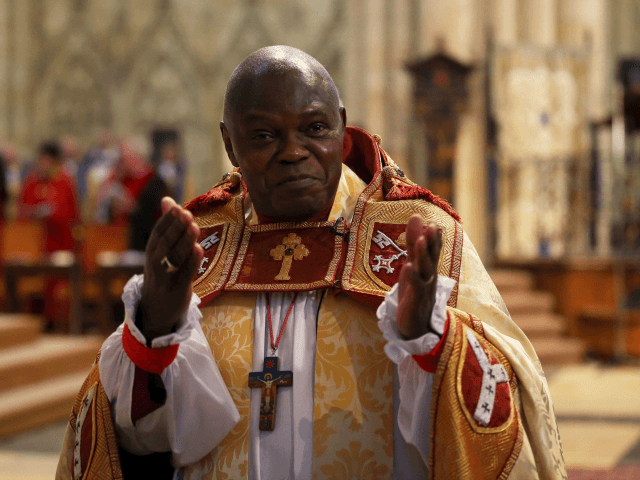The Church of England is to appoint a new bishop to reach out to ethnic minorities amid claims it is too “quintessentially English”.
The new Bishop of Loughborough will specifically focus on attracting black and ethnic minority (BAME) worshippers to the Anglican Church in the city of Leicester, one of the most ethnically diverse parts of the UK.
The role will have a special focus on “enabling greater representation and engagement of BAME Christians” and “building relationships with other faith communities”.
Martyn Snow, Bishop of Leicester, told The Guardian the Church of England was too “quintessentially English” and the new position was needed to attract minorities to Anglicanism.
“In the 1950s and 60s, when immigrants came from the Caribbean and elsewhere, they did not get a warm welcome in the C of E,” he said. “We have to hold our hands up to that.
“They went off to set up other churches and we’re now facing the legacy.”
He previously told the General Synod – the Established Church’s governing body – that of the 100 churches in Leicester that have majority BAME congregations, just three were Anglican.
“The diversity of the city is not reflected in our churches,” he told the paper. “The majority of people going to Anglican churches are white British, while there are more than 100 BAME churches, mostly neo-Pentecostalist.”
According to Church figures, just 3.4 per cent of Anglican clergy were non-white in 2015, and only a small handful of senior clergy are from minorities.
Attendance at Anglican services has been falling for the past few decades, and attempts by the Church to modernise and adopt more liberal theological positions have failed to stem the decline.
Meanwhile, attendance at some Protestant denominations has been increasing amid rising immigration.
Between 2008 and 2013, Pentecostal churches, which also tend to hold a conservative theology, grew by 23 per cent, while Church of England attendance fell by five per cent.
In November, a study of Canadian Protestant churches found that those growing fastest tended to espouse more traditional theological positions.
Researchers found that congregations at growing churches tend to read the bible more regularly, believe in the literal truth of the Resurrection, and believe that God works miracles in response to prayers.
By contrast, congregations at declining churches tended to be more sceptical of biblical claims, with just 56 per cent of clergy and 67 per cent of worshippers at declining churches believing “Jesus rose from the dead with a real flesh-and-blood body leaving behind an empty tomb”.

COMMENTS
Please let us know if you're having issues with commenting.